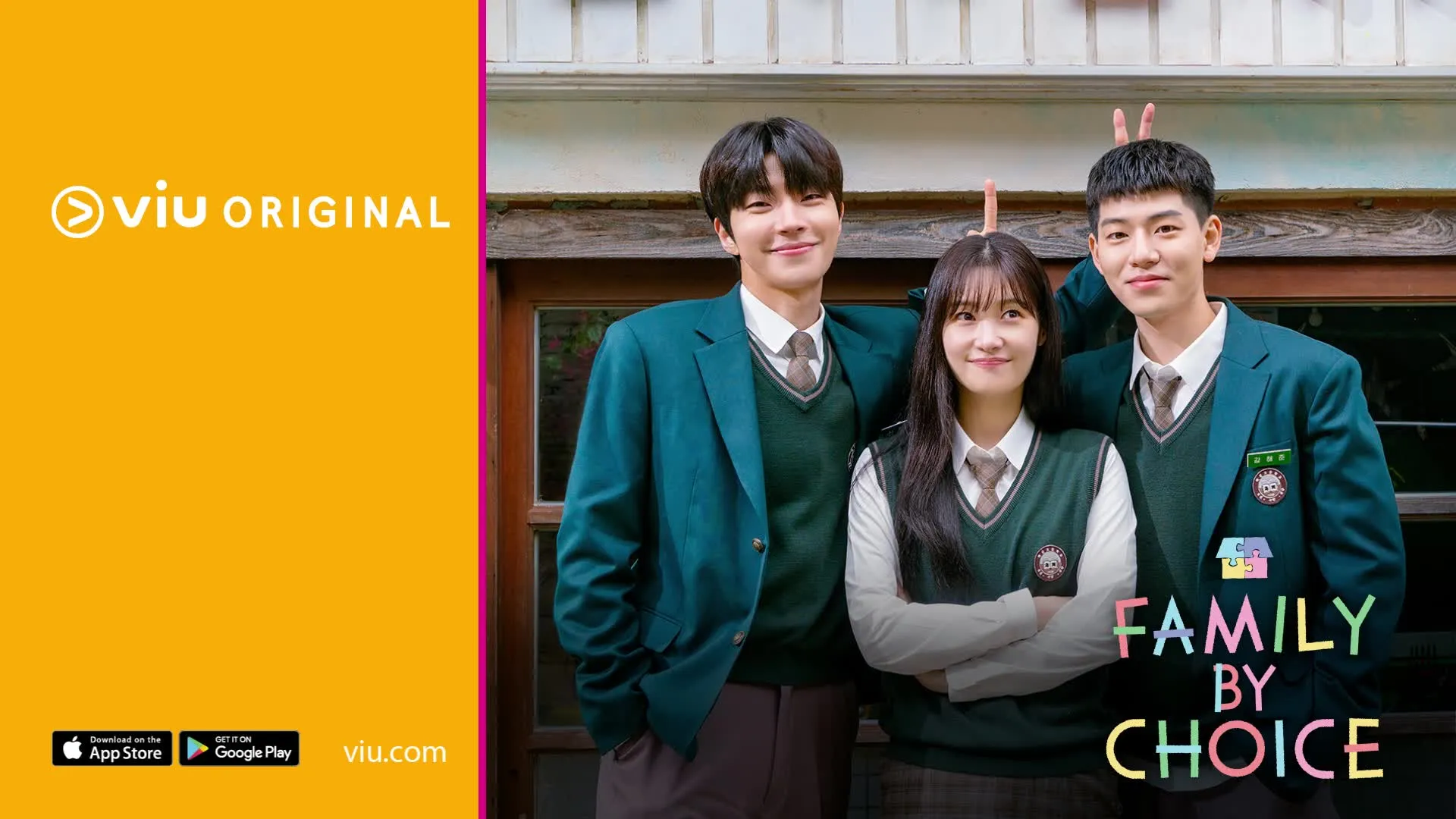“Some loves change your life; this one will stay in your heart forever.”
In 1970, Love Story swept into theaters like a gentle snowfall over an aching heart, changing the cinematic language of romance forever. Directed by Arthur Hiller and based on Erich Segal’s bestselling novel, the film follows Oliver Barrett IV, a privileged Harvard student, and Jennifer Cavalleri, a working-class music student at Radcliffe. Their love blooms not in the perfect sunlight of fairy tales, but in the tender shadows of real life—where differences in background, values, and ambition become both challenges and threads binding them closer.

Set against the backdrop of Boston’s crisp winters and ivy-covered halls, the story explores love’s power to both uplift and devastate. Oliver and Jennifer’s whirlwind romance defies societal expectations, as they marry young despite family disapproval. The film paints their early marriage with warmth—shared laughter in small apartments, playful banter over coffee, and the unshakable belief that love can conquer all.
Yet, Love Story is not merely a tale of youthful passion; it is a study in fragility. The couple’s happiness is shadowed by an unexpected tragedy that forces them to confront mortality far sooner than they ever imagined. The script’s most famous line, “Love means never having to say you’re sorry,” became an immortal phrase—both celebrated and debated for decades—capturing the bittersweet complexity of their bond.

Francis Lai’s hauntingly beautiful score lingers long after the credits roll, elevating the emotions on screen into something almost operatic. The music, paired with the film’s understated yet powerful performances by Ali MacGraw and Ryan O’Neal, ensures Love Story is not just watched, but felt. It’s a film that asks the audience to remember love not as an endless summer, but as a fleeting, fragile, and ultimately unforgettable season of the soul.
Half a century later, Love Story endures as one of cinema’s most cherished romances—a reminder that love’s true beauty often lies in its impermanence, and that the deepest connections can leave the most indelible marks, even when time takes everything else away.

-1754973159-q80.webp)

